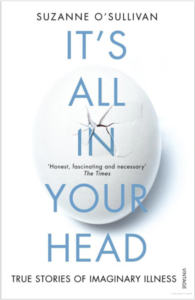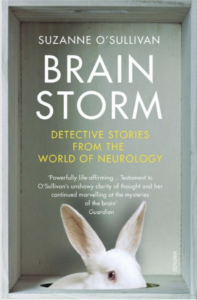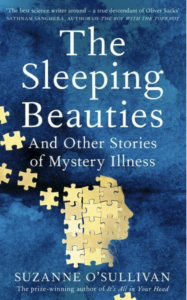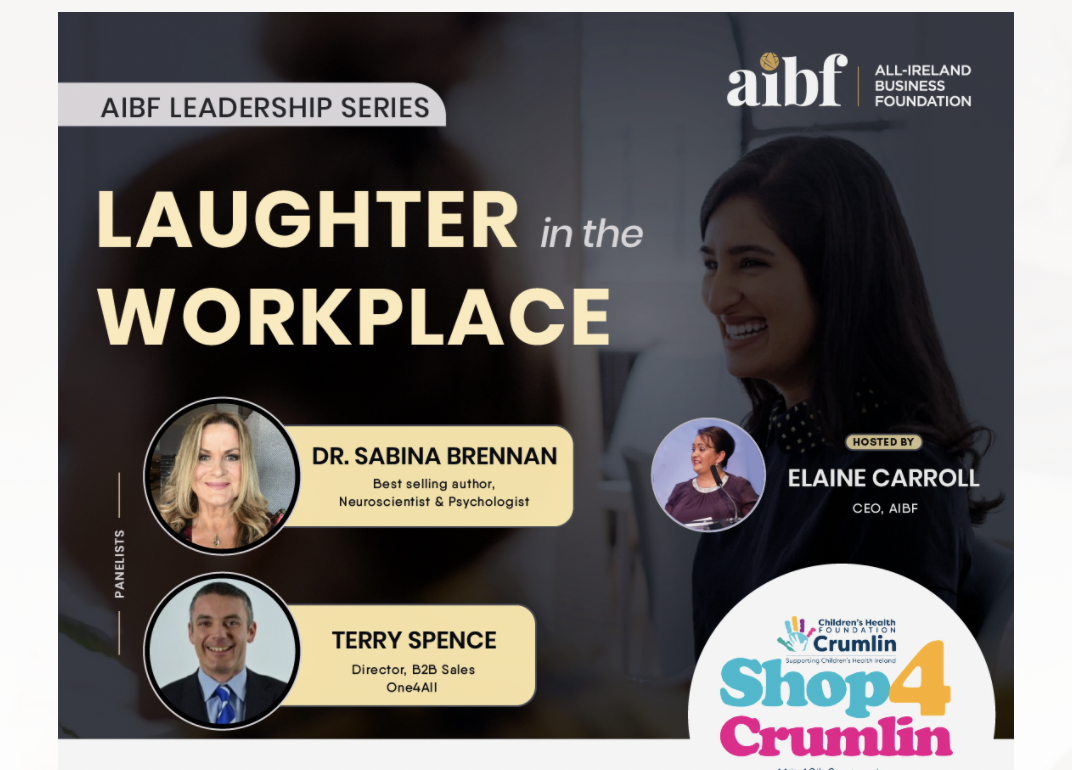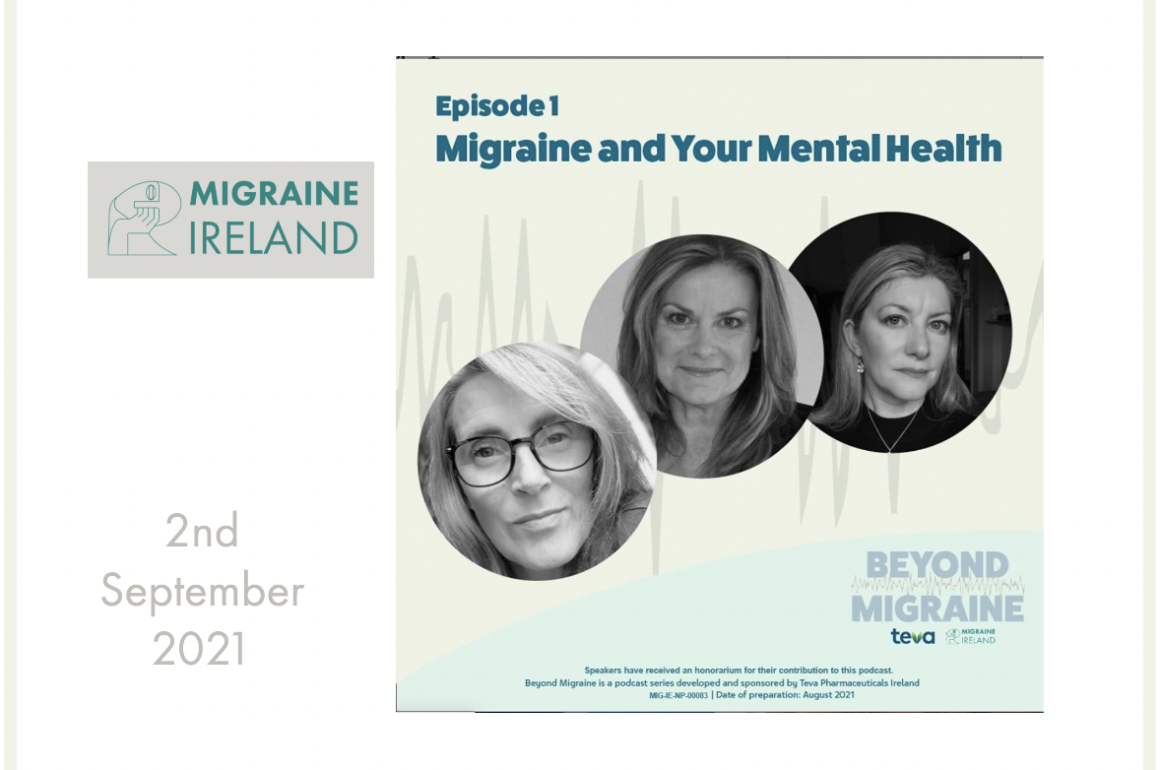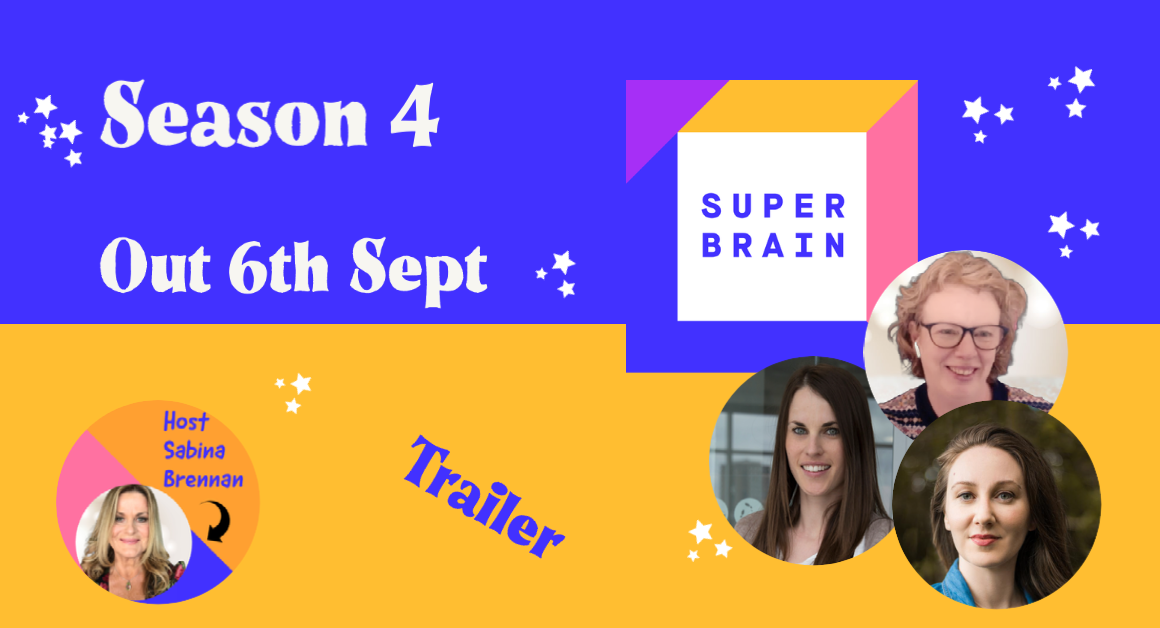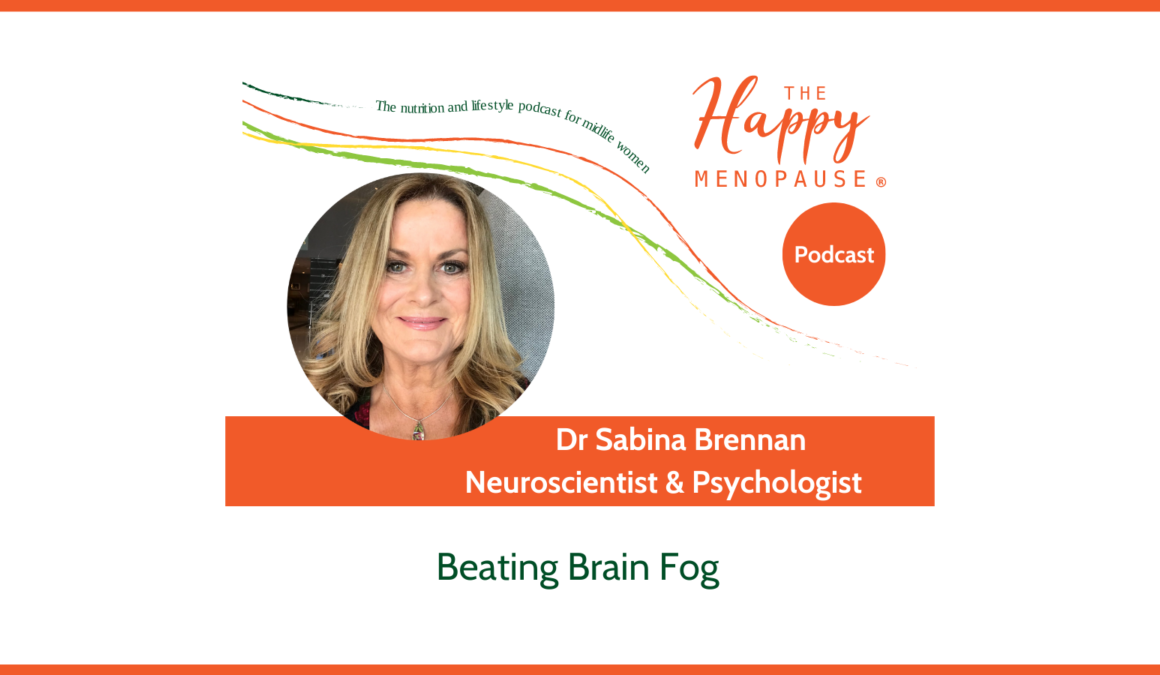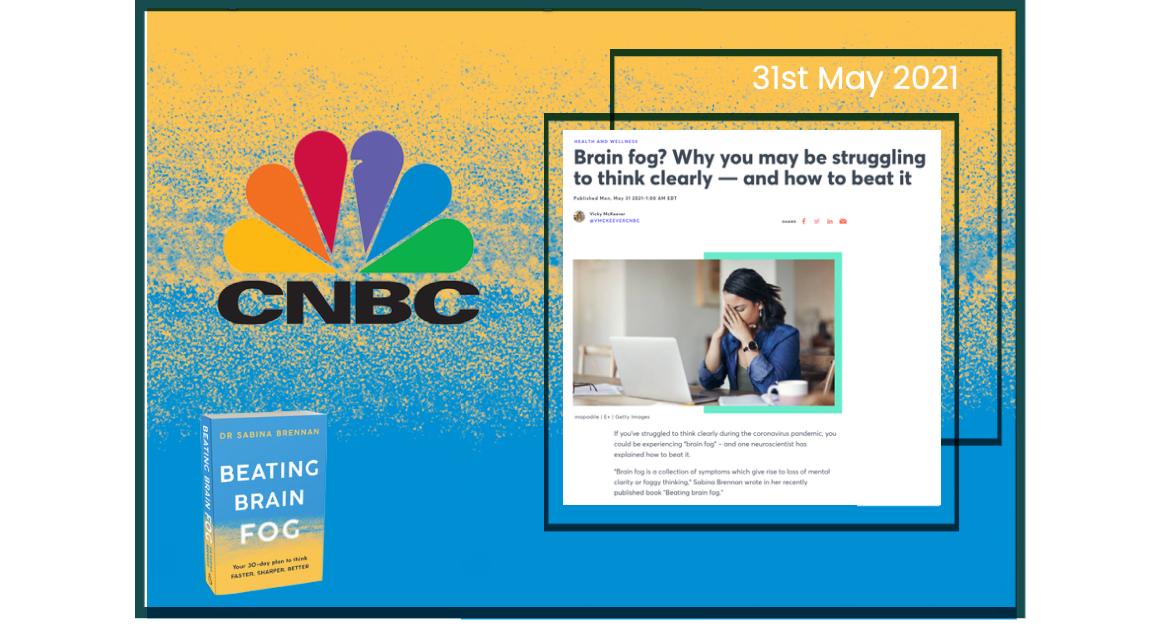Super Brain Blog – Season 4 Episode 5
Football: A Concussion Delivery System with Michael Kaplen
Become a Patron
Listen and Subscribe:
Trailer
Topics
- 01:48 – Michael’s first brain injury client
- 03:30 – The invisibility of brain injury
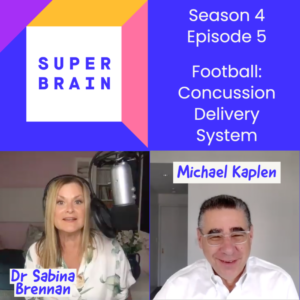
- 06:08 – Personality Change
- 09:12 – Explaining invisible symptoms to jurors
- 17:58 – Lack of treatment and supports
- 23:00 – Sport and brain injury
- 26:45 – Heading the ball
- 28:18 – Children, a special case
- 33:29 – The consequences of concussion
- 36:47 – Brain injury – anytime, any place, anywhere
- 41:26 – The portrayal of brain injury in movies
Links
Visit Michael’ website www.brainlaw.com for the videos, guides and resources he mentioned in this podcast.
Guest Bio
 Michael V. Kaplen is a senior partner in the New York personal injury law firm, De Caro & Kaplen, LLP. His practice focuses on personal injury and medical malpractice with an emphasis on representing individuals who have sustained a traumatic brain injury and/or other catastrophic injuries. Michael has been selected a New York Super Lawyer for the last 14 years and named as one of the top 100 trial lawyers in New York State by the American Association of Trial Lawyers. Michael has been selected as a Best Lawyer, New York and De Caro & Kaplen has been designated a Best Law Firm by US News & World Report.
Michael V. Kaplen is a senior partner in the New York personal injury law firm, De Caro & Kaplen, LLP. His practice focuses on personal injury and medical malpractice with an emphasis on representing individuals who have sustained a traumatic brain injury and/or other catastrophic injuries. Michael has been selected a New York Super Lawyer for the last 14 years and named as one of the top 100 trial lawyers in New York State by the American Association of Trial Lawyers. Michael has been selected as a Best Lawyer, New York and De Caro & Kaplen has been designated a Best Law Firm by US News & World Report.
Michael is also a Professorial Lecturer in Law at The George Washington University Law School where he teaches the only course in the nation devoted to traumatic brain injury law. He also chairs the New York State Traumatic Brain Injury Services Coordinating Council. Michael was invited by President Obama to be a participant in the 2014, White House Healthy Kids & Safe Sports Concussion Summit and serves as a member of the American Academy of Neurology, Concussion Work Group. His views and opinions are often sought by well-known news sources including, The New York Times, The Washington Post, USA Today, Gannet News Services, the New York Daily News, the National Law Journal, the New York Post, the Huffington Post, ABC News, CBS News, ESPN, Fox Broadcasting, and NBC News.
Over to You
Have you or has anyone close to you experienced ongoing symptoms following a concussion. What do you think about children playing contact sports where there is a risk of concussion. Do you think heading the ball in soccer should be allowed? Balancing out the benefits of playing team sports, including the physical fitness and social benefits what would be the best way to protect players brains from concussion and the associated consequences.
I really would love to hear your thoughts.
Don’t forget to share the episode on your social media.
Transcript
Dr Sabina Brennan 00:01
Hello, and welcome to Super brain, the podcast for everyone with a brain. My name is Sabina Brennan, and my guest this week is Michael Kaplan, a lawyer, but not just any old lawyer, Michael is quite literally a super lawyer. And that is a fact. He has been selected a New York super lawyer for the last 14 years and named as one of the top 100 trial lawyers in New York State by the American Association of trial lawyers. Michael has been selected as a best lawyer in New York, and De Caro and Kaplan has been designated a best law firm by US News and World Report. To be perfectly honest, folks, I could fill an entire podcast, just listing Michaels accolades and achievements. But I’d rather talk to Michael about his work because it is work that is very close to my own heart. Michael focuses on representing individuals who have sustained a traumatic or acquired brain injury, including concussion because of course, if you have listened to one of my booster episodes, on concussion, you will know that concussion is actually a traumatic brain injury. Michael, you were invited by President Obama to be a participant in the 2014, White House, ‘Healthy kids and safe sports concussion summit. And I want to talk to you about that in this podcast, because children are particularly vulnerable when it comes to concussion, because they have developing brains. And I personally believe we really have a duty of care to protect them. But first, I’d like to learn a little bit about you, Michael Kaplan, the person as opposed to Michael Kaplan, the lawyer, I’m also keen to learn how you came to specialize in representing people with brain injury. But first, tell us a little bit about you.
Michael Kaplen 01:48
So Michael, Kaplan, the person and Michael Kaplan, the lawyer kind of all mixed together, because what I do is really a 24, seven day a week job. And I take great pleasure in representing my clients, many of whom, as you said, who have sustained traumatic brain injury. We have a firm in New York with a nationwide presence as well, we have been involved in representing individuals of brain injury for the last 40 years. And it’s interesting how we got involved in this, it was really, by accident, because one of our clients was in an accident, a car crash. And he sustained many physical injuries as a result of that, and was hospitalised for a good deal of time. But when he got out of the hospital, he made a good recovery from those physical injuries. He went back to work and went back to trying to live his life. And he encountered problems both at home on the personal level and at work, people at work didn’t want too much to do with him. Because his personality had changed. His boss didn’t want to give him new assignments to do, because he just couldn’t handle the work. And he was on the verge of being fired from his job. At home his family commented that he just wasn’t the same person anymore, that he would be forgetful, he would have memory problems. Because he would even walk out of the house in the middle of winter and forget to take his coat. And he was a very, really nice man.
Dr Sabina Brennan 03:25
Can I just ask you there? How many years ago was that?
Michael Kaplen 03:28
This is about going about 25 years ago?
Dr Sabina Brennan 03:30
Yeah, yeah. And I mean, it still happens today. Here. You know, the focus is so much on the physical and physical recovery, forgetting, of course, that the brain is a physical part of your body, but it is so hugely ignored. And I’ve heard so many stories like that, going back where people put it down to almost saying, he turned into a nasty person after that accident, no, his brain is malfunctioning. You know, and by the sounds of that individual, there must have been I would imagine some frontal lobe injuries because he couldn’t access his past behaviors. And actually, to be honest, he sounds like he was very severely debilitated. And the funny thing is, you will get much more support and financial personal and sort of in terms of equipment, etc. If you have a physical injury, which might be far less debilitating,
Michael Kaplen 04:20
you’re absolutely correct, because the brain injury is invisible. You can’t see it and people. The population in general is trained to look at an individual and assess the disability just by looking at visual clues. But a person with a brain injury doesn’t need a wheelchair. They don’t need a walker. They’re not drooling, they look fine, they sound fine, but they have an injury that has affected every aspect of their lives. And this is the most frustrating part of this injury both to my client, who we’re talking about, and to any person with a brain injury because people just don’t understand what is happening to that individual and They’re told, unfortunately, that they’re making this up, get over it get on with your life Come on. And when they say at three o’clock in the afternoon, that their battery has just run out of steam, and they can’t do it anymore. People just don’t understand. And when they’re sitting at the Thanksgiving Day table, and they put their head down, and they say they have to leave the room, because there’s just too much going on at the same time conversations and noise and bright lights, and they just can’t handle it. And they have to walk away, people look at them, like their eyeballs.
Dr Sabina Brennan 05:32
Yeah,
Michael Kaplen 05:32
but they’re not. They’re really, really suffering. And that is really the tragedy of traumatic brain injury. And that’s the greatest problem I think that survivors face when it comes to traumatic brain injury, the fact that nobody understands their problem. Now we’ve created some videos on our website to assist people in understanding this injury and helping them explain it to other people. And I really do suggest that some of your listeners go on our website and look at these videos, to have a better understanding of what it’s like to live with a traumatic brain injury,
Dr Sabina Brennan 06:08
Dr Sabina Brennan 06:08
I will certainly share a link to those videos. I remember speaking to one woman and she was in her 90s caring for her son, who was I think, coming up to 60. Now who had acquired a brain injury in his 20s in a car accident, and she looked after him all her life, her husband had died. And it was getting increasingly difficult. And of course, she was worrying what would happen to him afterwards. And I said, Well, you must get someone in to help you. You know, you can’t be doing all this and looking after and she said, but I’ve tried. But she said ‘I can’t bear it’. She said, ‘I’ve had carers come in and slap him because he’s being rude or telling him to behave himself’. You know, if he has an injury he has no control or the neurons, the connections are broken between certain areas that you and I use to inhibit our behavior or not engage, and I came across another woman. And I don’t know if you’ve come across this in some of your clients, but another woman, her husband had acquired a brain injury. And he became completely disinhibited and disinhibited sexually. Because I think what people don’t realize is we learn those behaviors, we learn what is appropriate. within society, a two and three year old child can strip off their clothes, if they felt like it. They get told Actually, no, you can’t do that. And they’ll reach out and touch things. And they could touch a woman’s breast to see what it feels like. And they learn No, you can’t do that. But if that part of your brain is damaged, you will revert to those disinhibited behaviors. And this woman used to walk around with her husband, and she actually had a card and a sign and said, My husband’s not a pervert, he’s had a brain injury
Dr Sabina Brennan 06:15
Sound likes one of my clients does this,
Dr Sabina Brennan 07:44
it’s very, very difficult. It
Michael Kaplen 07:46
really does sound like a client that I had. Because you know, when you get an injury to the temporal lobe of your brain, you lose your brakes. That’s what it is saying the most inappropriate thing doing the most inappropriate thing. This gentleman would actually touch woman’s breast. Yeah. And he didn’t understand that that was inappropriate, he would go under a table to peek under a woman’s dress. And he would do inappropriate things, unfortunately, in his home with his wife who couldn’t sleep in the same room with him anymore. And it was just an untenable environment. Because he had severe behavioral issues, frontal lobe and temporal lobe problems with great disinhibition and he had no break, you know, the brain is the most complicated computer in the world.
Dr Sabina Brennan 08:32
Yep.
Michael Kaplen 08:33
And that’s what we’re dealing with, with a brain injury. And as I say, in my class, at George Washington University Law School, to my students who are learning about brain injury, and how to represent individuals with a brain injury, you shake it, you break it. And that’s what happens. But what I also tell them is, remember when you were a child, and your mother asked you to go buy a box of eggs for her, but my mom told me, make sure you open that box and look at the eggs. Because Same thing with the brain that the outside that skull is pretty thick, but it doesn’t prevent an injury to the inside of my brain.
Dr Sabina Brennan 09:12
And I’m kind of hopeful in a way that the brain fog that’s been associated with long COVID is shining a little spotlight on an area that I’ve been working in, that’s been in the dark. And the reason I wrote my most recent book, Beating Brain Fog, was to shine that light. And as it happens, I was actually writing it when COVID began, and straightaway, and it wasn’t any great science to say that people are going to experience brain fog after COVID. Before long COVID became a thing because it happens after any viral illness or after sepsis or whatever your brain has experienced an insult and assault. And I’m sure some of your brain injuries also have come from something during surgery as deprivation of oxygen for a period of time or whatever. But the brain is very vulnerable. And I think what people don’t realize people think when they hear fatigue Which is dreadful, a physical fatigue is really tiring, they think you just need to sleep. But the problem with mental fatigue is, as you described, that individual who is at dinner, his brain cannot cope with the noise, there’s too much sensory information, your brain is just too tired, and it needs to restore its batteries, etc. And it’s those subtle things that can really, really impair the quality of life for someone. And that must be challenging for you in terms of a lawyer and you’re seeking, I presume, compensation or supports or whatever, in a courtroom. How do you go about it? Do you use your videos? Do you just explain what happens I noticed as well with you, you’re a graduate of the Marquette University of neuro anatomical dissection of the human brain and spinal cord. But you know what I mean, I think that has to be critical if you’re going to represent your clients properly, that you actually have an understanding of how the brain works.
Michael Kaplen 10:54
Well, it was a fascinating course that I took at Marquette University. And I was one of the fortunate only lawyers ever to take this course. Because it’s not a course for attorneys. It’s the course for people in the medical field to introduce them to the brain, and all the different functions of the brain, and you actually spend days dissecting the brain. And you realize when you’re doing that this organ that weighs three pounds, controls every aspect of who we are, our emotions, our behavior, our feelings, our actions. It is an amazing organ that we still don’t understand. And I doubt we’ll ever fully understand. Now, how do you go about explaining all of this in a courtroom, to a jury, what happens to a person with a brain injury? Well, it’s very complicated. It takes a lot of effort and a lot of different kinds of witnesses and a lot of different types of exhibits. To explain that, we need to do a show and tell to a jury, we need to show the brain, we need to explain the lobes of the brain, we need to explain through expert witnesses, how their brain functions, and we need to display that as well with visual images. Sometimes we use computer animations to do that, as well, we need the assistance of witnesses who are in a field of neurology and neuro psychology, and neuro radiology at times to objectively show the injury that a person has. But CAT scans, MRI scans are, for the most part, incapable of showing the injury.
Dr Sabina Brennan 12:29
I think that’s it, what struck me there, and my listeners will be used to me saying this, but you said, you know, your brain is involved in pretty much everything that you do, which is very true. But I mean, what I actually say is you are your brain, and that’s it full stop. At the end of the day, you are your brain, it is the sum total of your experiences, your genetics, you know how the brain evolved and adapted. And so the things that we call a personality is actually the data that your brain has collected, and the information that it has learned, translated into how you behave in any given circumstance. And that’s patterns of behavior. And basically what happens and what is disrupted, when someone has the kind of injury where they have behavioral change, and personality changes, that pattern is no longer there, they have no access, or else the pathway to that pattern is gone. And so people see it as a personality change. And because we think we kind of give more power to our sense of self than to our brain, it’s complex thing to talk about. But at the end of the day, your brain creates your sense of self. And so you are your brain, I can imagine it’s hard to explain that kind of thing to a jury, or I don’t know, if there’s juries involved in the kind of cases that you do,
Michael Kaplen 13:44
there are juries involved and you raise some interesting points. So when you say you are your brain, I’m gonna steal that line,
Dr Sabina Brennan 13:53
if you can, if it helps people understand what it is that a brain injury means you fire ahead,
Michael Kaplen 14:01
because we call that legal research. But what I like to say is, this is not something that I’ve come up with this is what professionals neuro psychologist in the field, have told me, it’s really a death case, when a person has a brain injury, they’ve died and they’ve become a new person. And until they can accept this new person that they are, they can’t move on in their lives. In regard to rehabilitation. rehabilitation will never be successful for a person with a brain injury until they can accept the new person that they are. And of course, you raise so many different issues. We could spend days talking about it. Brain fog and COVID-19, which is a really important issue that people have to understand people make a physical recovery from COVID-19 and they now are encountering long term neurological problems as a result of that. And hopefully, while this is not a good thing for anybody, but hopefully it will shed more light on this invisible entry of brain injury and lead our government to devote more resources to this injury and provide more support for people with a brain injury because tragically, the ability of individuals with a brain injury to get proper care and support is lacking. It’s lacking from the time they get a brain injury when we talked about concussions, because of concussion is a brain injury to getting a diagnosis. Because still, there are many people, even in the medical profession who don’t understand that concussion is a brain injury. Understand it, you can’t let a child return to play before that brain injury, he knows they need help in school, if they’re going back to the classroom, it’s just not a sports issue. It’s a classroom issue as well. It’s a knife issue, I would say yes, and and if they’re a victim of domestic violence, unfortunately, and get a brain injury, and we know that 90% of victims of intimate and domestic violence, According to the Centers for Disease Control, will have a brain injury. And nobody understands that injury and nobody diagnosis that injury in these women and that screen for that injury. So they don’t get proper treatment for that injury. And we have cases of people leaving the hospital and the doctor will hug them and they’ll kiss the doctor for saving their child’s life. And they don’t know what they’re in for. Because nobody tells them what’s going to happen after they leave that hospital. And if they try to find a rehabilitation center for the level one their child, their husband, their wife, they’ll find that these centers really are lacking in proper facilities. They don’t exist all over the country, it’s difficult for people to get there, when they need help. They’re very expensive, and our government doesn’t pay for it. Insurance companies are fighting about that. They’ll say, Well, you could go to a rehab center for three weeks, and they say it’s like a broken bone. And after three weeks, while they haven’t made any recovery, they’re the same place. So go here, because this is the brain doesn’t take three weeks. Yeah, yeah. So we have all these fights that we have and legal issues that we’re fighting about with with a brain injury, you say, Well, how do you go about proving that in quit? And my answer is the best test for brain injury is life. I bring people in to court who know my clients before the injury, and know my client now to look at the jury to explain to the jury the differences that they perceive in my client, which is the best way to explain it, how my client is going about their daily life in the problems that they’re having. Because that’s the effect of the brain injury. It’s not the injury itself. It’s how it affects the person. That’s important to me, as an attorney representing people with a brain injury,
Dr Sabina Brennan 17:58
I think, you know, you’ve raised all the points, I do want to just track back to one thing that you said, and just to clarify that not all brain injuries will give rise to full personality change, you know, so, so just to clarify that when you said earlier, you know, people need to accept that they’re a new person. But I think another thing that people don’t realize, and it speaks to some of what you said is that the brain is incredibly plastic. And it does have the capacity to adapt to change, and to recruit other areas to compensate for areas that have been damaged. And if you actually have a brain injury, and you are fortunate enough to get rehabilitation, the occupational therapist, you know, because obviously a brain injury can also lead to paralysis, etc, lead to a physical injury in a way you’re almost better off if your brain injury leads to a physical injury, because then it’s diagnosed, that you have a brain injury and your cognitive consequences. I think where we have the real issue is when the brain injury doesn’t affect the motor cortex, or your visual cortex is not affecting your sight or your ability to move or walk. But it is affecting your ability to be human in a sense, because it is our cognitive functions that set us apart from our closest relatives. It is that capacity to make decisions to disinhibit behavior to engage in social behaviors appropriately within context, our memory function, you know, without memory, again, who we are it becomes something different, and our ability to learn and learn new things. But I think one of the issues I don’t know how it is in the US, but certainly our neurological services in Ireland are absolutely appalling. They are understaffed in terms of neurologists with hospital say, having two neurologists, when they work out, they need eight, you know, that kind of level. But on top of that, we have a terrible situation. I don’t know whether you have it in the States. But basically, for example, if you’re in a car accident and you sustain a brain injury, you’re taken to an acute hospital, right? But basically, in our country, that person stays in that hospital once their life supported or their life is saved or whatever, and assuming that they have an injury that requires them to stay in hospital, they stay there until there is a place for them in the National Rehabilitation Hospital. Now that could take six, nine months. And what you have done to that individual and that six to nine months is actually created a lifelong injury that perhaps had they had an immediate brain health plan, you know, a rehab plan put in place immediately with people who understand where the injury is, when rest is needed, when work is needed, that person could have made a much better recovery. So what we’re actually doing is costing insurance companies costing the state much more money by leaving people languishing without treatment, because those people, if they’d had treatment, might be able to reintegrate into the workforce might be able to actually learn new ways to be social, or whatever, depending on their injury, but you leave them languishing and you don’t give them number one, they might be just lucky to get rehab, a lot of people don’t get it at all, and you’re actually making that person’s brain injury worse. It’s no different actually, in a way to my mind. And I don’t mind be controversial, but it’s no different than kicking someone in the head when they’ve already sustained a brain injury. Because that’s what you’re doing.
Michael Kaplen 21:16
You’re right, you raise many, many important issues that tragically are not just in Ireland where you are. But in the United States in Europe throughout the world, people are not getting the treatment that they need for a brain injury, either because they can’t access that treatment. It’s just not available. It’s limited in quantity, and in quality and in duration and these are real problems. You raised another issue when you talk about the brain healing, something called plasticity. Yes, but it’s a very dangerous concept. Because you talked about I know you’re passionate about children with a brain injury. It’s a very interesting concept with children. Because when a child gets a brain injury at a very early age, they need to grow into that brain injury, what the problems are not going to be apparent right away for that child. If you would take a two or three year old child, they haven’t learned how to read, they haven’t learned how to write, they haven’t learned arithmetic, yet. They’re still learning social skills. And they have to grow into all of these things. And you might not realize the problems that they have until they get older. So a child might fall and hit their head and a mother might pick up the child and say oh, you’ll find it’s just a bump on the head of booboo. And later on, unfortunately, that bump on the head could cause all kinds of problems. So it’s very different when it comes to children, then it comes to adults when we’re talking about a brain injury. And children need a lot of different kinds of supports than an adult. And again, unfortunately, that rehabilitation just really doesn’t exist.
Dr Sabina Brennan 23:00
I do want to move on to sport because we have talked about the kind of injuries. And I want to particularly come back to that point that you’ve just made. But the kind of injuries that we’ve been talking about frequently are accidents or the consequence of an act of violence, you know, car accident, or falling or whatever. And what fascinates me and frustrates me is that we have learned from when accidents happen, in that we develop car seatbelts, we introduced laws around wearing seatbelts to prevent these things, wearing helmets, when you’re riding a motorcycle, wearing reflective clothing. In fact, actually my first book was about brain health. And it’s talking about things like sleep and stress. But actually in the very first chapter, I say, Well hold on, here’s practical tips about how you keep your brain healthy, you know, wear a seatbelt drive safely. Don’t drink and drive, don’t text and drive wear properly fitting helmets, be seen when you’re out. Don’t stand on unstable chairs, remove tripping hazards around the home. If you have young kids, make sure windows can’t be opened by curious little hands, and so on and so on. And we have lots of those. We’ve accepted those things in society that we need to take care and precautions to prevent injuries and especially around the head, people are aware of that. However, there seems to be just a, I don’t know a disconnect when it comes to sport. We seem to be much slower to learn from mistakes, to learn from what injuries in sport can give rise to and you have one and I’m going to quote you and I think it’s a fantastic quote. And of course you’re referring to football, we would put in front of that American football and in the UK, they would say football and we would say well they mean soccer and then we have football which is Gaelic football. Anyway, most of them are contact sports, which is the point about things like concussion and brain injury. You don’t have to be hit in the head. You can be you know, a force to the body. But the quote that I love from you is that football is a concussion delivery. system. And that’s exactly what it is. And whatever about an adult making a choice, I think there’s two things, I think plenty of adults make choices that they want to play contact sports, there’s a big difference between making a choice to do that and making an informed choice to do that, that’s one thing. And then there is the other thing that I touched on, which is the duty of care to children who can’t, or uh, you know, don’t have the maturity of understanding to be making an informed choice, and parents making that choice on their behalf to do things like you know, in Europe rugby is what gets the most bad press when it comes to concussion. In the US, I think it’s American football. But actually, soccer is actually much more detrimental. And you’re more likely to sustain a brain injury, you’re actually heading a ball at speed repeatedly and repeatedly doing it over time. And we’ve seen that with a lot of soccer players getting to the age now where there’s an increased incidence of developing dementia,
Michael Kaplen 26:06
we could spend a lot of time talking about soccer and heading a ball, I have a video cast that we tried to do every week, that’s part of our website called the Brain Injury Insider. your viewers could watch that by going to our website, where we’ve discussed some of these issues when it comes to soccer, and heading a ball. In fact, I’m preparing a new one on recent rule changes in the EU, for soccer leagues about heading a ball. And it’s my opinion, and I’m quite honest and upfront about it. Let’s talk about children, children should not be allowed to head a ball, period. End of story
Dr Sabina Brennan 26:44
totally with you.
Michael Kaplen 26:45
As you said, football is a concussion delivery system. It doesn’t matter if it’s American football, or international football, which we call soccer is still a concussion delivery system and heading a ball is something that does repetitive head trauma causes all kinds of problems. It doesn’t have to lead to the level of concussion. And we do kind of stupid things. Let’s put it bluntly, we haven’t, we make rules that make no sense when it comes to that we say in the US now Well, you could only had the ball 20 times I’m making up a number now. And after that, you can’t head it and we come up with this number from the oh children under 14, can’t head a ball but children over 14, can. You think the brain is any different and the head is any different? It’s not. So we make these arbitrary rules about heading a ball, without really coming to grips with the fact that this is not a good idea. This is not safe, this is not good for the brain. You could enjoy soccer and have a great time on the field, with your friends, with your teammates, learn the social skills that are important.
Dr Sabina Brennan 28:00
Yeah, all all important and the physical activity,
Michael Kaplen 28:03
and do everything that you can without heading the damn ball. Yeah, it’s not necessary to have a good time to head the ball. Children in the US, it’s not necessary to engage in tackle football to have a good time to play tag football.
Dr Sabina Brennan 28:18
And tag rugby, I think is another thing you just say, hold that thought. But the reason why children’s brains are so vulnerable, and adult brain is vulnerable to but that’s entirely different. But and also, that’s something I want to push out is. So the child’s brain is developing. And as you said it’s learning skills and depending on where an injury is, but also so you’re thinking 14 arbitrary, you know, oh, yeah, well, first of all, not all kids are the same size. And this is a size issue. The neck muscles are not fully developed in children. Similarly in females, females are much more susceptible, because they don’t have the same strong neck muscles that men do. Because with brain injury, it’s not just about the force of the injury, it is about the shock to the brain within the brain. So it’s like a reverberation. If you think someone kind of inside a washing machine, it’s a bit kind of like that, but the damage can kind of come from that. But the thing is, when you hit puberty, the human brain goes through a really, really important period of development. And that period of development, that whole brain is transforming. There’s two periods of growth that are really critical. One is just in infancy and then the other is from puberty, which what surprises a lot of people up until about the age 24/25. So legally, we would see people as adults, I don’t know at 18 or whatever. But actually when it comes to the brain, you don’t have an adult brain until you’re 25 and you also don’t have when it comes to frontal lobe function. Basically the brain restructures itself from the back to the front, from puberty to the age of 24/25. The last part to be restructured is your frontal lobes as a young person without a brain injury, you do not have the capacity to assess risk, because that part of your brain isn’t fully developed. So once legally, we say someone has the capacity to assess risk and make decisions, actually, organically, you don’t fully have that capacity. And that will differ across people. One of the things that I do want to say is about children and adolescents being at risk. And when it comes to sport, and ‘if in doubt, sit it out’ all those things, you know, we have these things, I think parents and coaches have to assume a greater responsibility here that their child’s brain is much more important than winning any game. But that when kids recover in a lot of injuries, there isn’t actually loss of consciousness, you can still have a bad concussion, even without being unconscious. There’s kind of no real relationship there. But I think in terms of the consequences of a concussion, or multiple concussions, people often don’t make this connection, a child can sustain a concussion or whatever, get over to whatever, and then suddenly starts getting into trouble in school, you know, has problems with attention, lack of concentration, planning, organizing, solving problems, that can come across as a child acting out, or a child has been difficult, or a child being bold, because you didn’t used to be like that. So now you’re just being ‘bold’, in inverted commas. But actually, these are the consequences of a concussion. And I think a lot of people don’t realize that. And these are huge consequences, because they affect learning. And they’ll affect the person’s progression through school, they may even have a language impairment or have difficulty understanding things, as well as then impacting on their mood in the sense of they can become depressed, they can have affective disorders, depressed or more anxiety, or manage stress inappropriately. And these are huge things that have long term effects for the rest of their lives. And I feel very strongly I would be a, I suppose you’d call me a brain health advocate. But we’ve looked after physical health for years. And there’s been a whole movement in recent decades about mental health. And that’s great, but actually fundamental, you know, the primary health we should be looking after his brain health, because if you live a brain healthy lifestyle, if you consider your brain health, and you look after that, your mental health and your physical health actually automatically follow because you’re getting enough sleep, you’re getting enough exercise, you’re engaging socially, all those kinds of things. And I don’t know what we need to do to, you know, someone said to me, once I was talking about what I wanted to do, and they said, Sabina, you’re not an entrepreneur, you’re an evangelist. But that’s kind of a bit what I feel is like that we have to get this message out there. And for me, that’s why I was drawn to you for for an interview, in that you’re someone who’s advocating on behalf of people who have these utterly life changing injuries and experiences and not to the extent I think people are aware that you can have a brain injury and we all know of that child who had a brain injury, who ends up living in a home or an adult where they can no longer function, and they’re in a chair and a wheelchair and all that. And you know, everybody knows that extent. But I think the problem is that actually, some of the other injuries are incredibly debilitating. And that’s the issue.
Michael Kaplen 33:29
So I think this would be a good time to just discuss with your listeners, all different types of injuries that can happen. The consequences of a concussion. There are physical consequences, sleep disorders, sensitivity to light and sound, headaches, dizziness, vestibular problems that can develop cognitive problems that can develop memory problems, concentration problems, multitasking, doing more than one thing. At the same time. There are behavioral issues that we’ve talked about, disinhibition doing the most inappropriate thing or saying the most inappropriate thing or acting out inappropriately. And there there are these emotional issues that you’ve also touched upon depression and anxiety that are hallmarks of concussion or brain injury. And a person doesn’t have to have every one of these injuries. Everybody’s brain will be affected differently by a concussion or any other type of brain injury. And as the medical profession likes to say, when you see one brain injury, you’ve seen one brain injury, exactly. Everybody’s brain injury is different.
Dr Sabina Brennan 34:47
That’s the thing. Broadly speaking, our brains are similar, but because your brain is constantly changing, and is shaped by your life experiences, no two brains are the same. Every single person’s brain is unique. That’s why it’s important to live a brain healthy life is that you can build resilience. And that resilience can actually really help you were you to sustain an injury, you may do better, because we know two people could sustain identical injuries, and one will have severe cognitive issues or other impairments. And the other might have minimal impairment. And that’s because their brain actually is in a, you know, it’s like you have a better prognosis, if you’ve been healthy before you go into surgery than if you’re overweight and a smoker, etc. It’s the same, but in a healthy brain, at the core of that resilience is this thing neuroplasticity. And it’s an inherent property of the brain, but you need to support it to be able for your brain to do it. And learning is the key and challenging yourself and engaging in new activities. And so if you’ve been doing that all your life, you’re pushing yourself, you’re pushing your brain beyond its capacity at any point. And so then your brain can, it recruits other areas of the brain to help in the activity you’re engaging in. And that’s to, you know, get to the next level of your console game or study for an exam that you’re pushing yourself, whatever. So then if you sustain a brain injury, and you’ve been doing that, your brain already knows how to recruit other areas to compensate. Whereas an individual who hasn’t been doing that, when they if they’re fortunate enough to get rehab, what the people engaging in rehab will be doing is to try and train a new area of the brain to compensate for the permanently damaged part of the brain. But you have to work up to that, whereas a healthy brain will already kind of be engaging in that. And that’s why none of us ever know that’s why I feel strongly about this. None of us ever know when we might sustain a brain injury.
Michael Kaplen 36:47
That’s true. And I want to give a shout out to the Brain Injury Association of America. My partner is the chairman, woman of the board of directors of the Brain Injury Association of America, shout out to Carol, and the Brain Injury Association of America has a slogan that they use brain injury anytime, anywhere, any place.
Dr Sabina Brennan 37:10
That was the martini ad was Martini anytime, anyplace anywhere. Yeah.
Michael Kaplen 37:15
Which is very true. Yeah, of course, a brain injury can happen to anyone. No one is immune from a brain injury. And it could happen in all different aspects of one’s life from a fall, which is a large cause of brain injuries in children and adults. It could happen from vehicle accidents, it could happen from an object falling on you. It could happen from pedestrians being struck by a car, it could happen as a result of violence, domestic violence, or other type of violence can happen from toxic substances. And it could happen unfortunately for medical neglect as well. Brain injuries can happen anytime, anywhere, any place. And it’s important that people get the support and assistance that they need. They could go to my website, brainlawyer.com. They could go to the website of the Brain Injury Association of America to get information about brain injury, I’m sure. In Ireland, you have other groups like headway?
Dr Sabina Brennan 38:14
Yes, absolutely. We have Headway and we have the Neurological Alliance of Ireland and we have various different organisations. But yeah, I think it’s hard for people, it’s hard for families. Brain Injury doesn’t just affect one brain. It affects many brains and the relationships because as you described, our husbands can become something different. Likewise, wives, children, all the rest. I wanted to ask you again, just coming to that children. So 2014, you were part of the Obama initiative around sports injury concussion. We’re now 2021. We’ve had a different president in between I will reserve comment, but you’ll know. He’s not a president that I have respect for
Michael Kaplen 38:56
I have not reserved comments if you’ll see about one of our former presidents and the shocking things that he has said about brain injuries and particularly servicemembers who have brain injuries it Pooh poohing the headaches that they sustained. And the other emotional trauma that they sustained as a result of sustaining a concussion on the battlefield. It’s disgraceful.
Dr Sabina Brennan 39:20
Oh, it is appalling. But what can you expect from a man who mocks people who are disabled. What you just said about people who have sustained concussions, brain injuries as a consequence of war, the headache issue alone to just have a headache, I wrote about it in my recent book, because if you have a headache, if you have a migraine, if you have a severe brain pain, you know, your brain can’t function, the focus is on your headache. So it’s much more than a headache when it’s those kinds of severe headaches. But those people are also dealing for the most part with post traumatic stress disorder, with stress as a consequence of being in combat and stress impairs your brain function. as well, so there’s so many like it’s a complex issue and those complex issues should be in the realm of people who understand those advising, which is I assume what Obama had been doing when he called that group together.
Michael Kaplen 40:17
I think the purpose of that summit was to raise attention about the dangers of concussion and brain injury in sports, that create awareness of that, on the part of parents on the part of the military, on the part of the medical profession itself. Because we have faced an epidemic of concussions in the United States, there were 3.5 million individuals each year, who seek some type of emergency department treatment for concussions and other types of brain injury. And that doesn’t count all the people who never get to the emergency department, who might go to a family physician where it’s not recorded, or go to no one will go to no one will go to an urgent care facility, or in the armed forces, because these concussions are not recorded. The problem is far greater than that. And it’s a problem that deserves the attention of governments, public health officials, and all of us to understand and tackle this health crisis and epidemic. So
Dr Sabina Brennan 41:26
There seems to be, certainly to me, you know, over the years, there does seem to be an increased awareness. I like I do think people are talking and there’s a greater awareness and things like movies, you know, I mean, when these things start to seep into entertainment, and that kind of thing. That’s good. That’s positive, because
Michael Kaplen 41:45
it’s good, but it’s bad. And I’ll tell you why. Okay, good. Yeah. Because we learn from watching movies and television. And unfortunately, many times the way a brain injury or a head injury is depicted in these movies, creates the wrong impression of what’s happening. And I go back to my childhood, we’re watching The Three Stooges, Moe, Larry and curly, they used to get hit in the head over time, and they nothing happened. And you watch cartoons, like the Road Runner, who runs into things all the time without problems, and you watch other popular movies. And part of what I do in my class in law school is we show some of these clips of what the public is exposed to about brain injury. And it’s amazing. The misinformation that’s conveyed to people about brain injury, that it’s no big deal. There’s a movie that we talked about called Regarding Henry, it’s about that movie it’s with,
Dr Sabina Brennan 42:49
was it Harrison Ford?
Michael Kaplen 42:50
Yes, Harrison Ford,
Dr Sabina Brennan 42:51
I don’t know where that came from, isn’t the brain brilliant.
Michael Kaplen 42:54
And Harrison Ford, unfortunately, gets shot in the head in a grocery store. And now his wife is sitting in the doctor’s office. And the doctor, the neurosurgeon is explaining the injury to her. And the doctor says, In the movie, your husband was very lucky. The bullet only affected his temporal lobe only only affected is tempora lobe – of give me a break. You know. So getting a bullet in the brain, it only affects your temporal lobe is no big deal. That’s the impression that walk away from that? Well, that’s anything but true. So when we talk about movies depicting brain injuries, it’s a good thing. And it’s a bad thing, if it’s not depicted properly.
Dr Sabina Brennan 43:43
Okay, I agree with you totally on that. What I was referring to though, was movies like Concussion, movies that are actually aiming,
Michael Kaplen 43:50
But the movie Concussion, the name of the movie has nothing to do with the facts in the movie, they’re not talking about a Concussion. About is an injury called CTE (Chronic Traumatic Encephalopathy)
Dr Sabina Brennan 44:03
Oh, yes, yes, yes. Yeah, that is different. It is related to multiple concussions and associated then with dementia.
Michael Kaplen 44:11
Right? So the name of the movie and what you’re seeing the right is not accurate, though. I think every one of your listeners should watch the movie, because they could take away a lot of useful and important informations about the dangers of repetitive trauma in sports and why this has to be taken seriously by everybody.
Dr Sabina Brennan 44:29
Yeah, but I take your point. You watch people in movies, you know, and they get punched and hit on the head and all the rest and they come back in the sequel and they’re still perfect and so perfect. Yeah, there is that but I’ve often thought that in terms of we need to raise awareness, and we need to put responsibility on parents and coaches etc. Sorry, we have a duty of care. You don’t bring kids into the world without actually realizing that you have a duty of care to them. And I think schools Hold a huge responsibility. I don’t know what the culture is like with you. But school rugby in Ireland, you know like it’s Oh, this school against this school and there’s much more a stake than just a game. And people are tempted to put kids back on when they shouldn’t or kids pretending they’re fine when they’re not and all the rest. We need something in place to ensure that people have the best interests of the Children at Play. I think when it comes to sport, certainly team sport, I do want to point out that it’s not always team sports as well. A lot of brain injuries come from trampolining. But when it comes to team sports, and a lot of this comes down to money, I think in that these teams sports this huge amounts of money, billions being made out of them. And number one, there’s the issue of people don’t want games toned down, you know, by removing heading the ball or removing scrums or whatever the case would be in American football. But at the end of the day, these are human lives, I often think about it myself. So you were mentioning movies. So if we talk movie language, you know, another great movie was Gladiator, with Russell Crowe, an incredible movie and incredibly sad movie. And we think that we have progressed in time over these Romans that used to go to an arena to watch people fight a lion or gladiators fight each other to the death. But it’s no different. It’s just slower. You’re just paying someone a lot of money to sustain what could be life changing injuries. I mean, I’m very proud, we just got a gold medal. young female boxer just won a gold medal. But like, at the end of the day, when you’re sustaining repeated trauma to a head, you don’t get away scot free, you just don’t
Michael Kaplen 46:48
No. And when the goal in boxing is to knock someone out, knock them unconscious, you have to wonder whether or not this is really a sport, or it is what you call it being in an arena and watching gladiators kill him. It is no different.
Dr Sabina Brennan 47:04
It’s no different, we would stop and obviously Unfortunately, some boxers have died. They put in safety issues, and no there’s a count and whatever. But the person is still sustained brain injury. In fact, I would love for the word concussion to be removed from the lexicon altogether. And just call it what it is, which is a mild traumatic brain injury or just a traumatic because mild is a misnomer as well.
Michael Kaplen 47:28
Yeah, no, I was just gonna say Sabina, there’s nothing mild about a mild brain injury. It’s a terrible, terrible word, or description to use about brain injury. It’s only mild if it’s someone else’s brain. And
Dr Sabina Brennan 47:42
that’s a really, really good point. I think we need more research as well. I think we need more education, not just about brain injury, but just about how the brain itself just works just for people to kind of understand that. I’m very excited that you actually have these videos on your website, do check out my website, superbrain.ie. On the bottom of it, I have tons of resources, I use animation as a means to explain how the brain works, you are more than welcome to use if there are of any value to you, and you can link them on your website, I’ll certainly check yours. There’s only so much you can do and only so much I can do as individuals, you can only reach certain amount of audiences. When you have a tool like that, like an animation or a little video, hundreds of 1000s of people can see them. And clearly we’ve been talking about these kinds of ways because what you want to do is to help people to survive a brain injury with the resources necessary to do so. But I like to ask my guests for their personal tip about surviving and or thriving in life. Would you have anything that you would like to share?
Michael Kaplen 48:46
Well, since we’re talking about a brain injury today, let’s stay on that topic. And shed this remind that the best cure for brain injury is prevention. Absolutely.
Dr Sabina Brennan 48:59
Absolutely. My name is Sabina Brennan, and you have been listening to Super brain the podcast for everyone with a brain. Super brain is a labor of love born of a desire to empower people to use their brain to thrive in life and attain their true potential. You can now go ad free on patreon.com forward slash superbrain. For the price of a coffee. Please help me reach as many people as possible by sharing this episode. Imagine if we could get to a million downloads by word of mouth alone. I believe it is possible. I believe that great things happen when lots of people do little things. Visit Sabina brennan.ie for the Super brain blog with full transcripts, links and the like. Follow me on Instagram at Sabina Brennan and on Twitter at Sabina underscore brand and tune in on Thursday for another booster shot from me and on Monday for another fascinating interview with an inspiring guest. Thank you for listening
#braininjury, #brain, #people, #concussion, #injury, #problems, #head


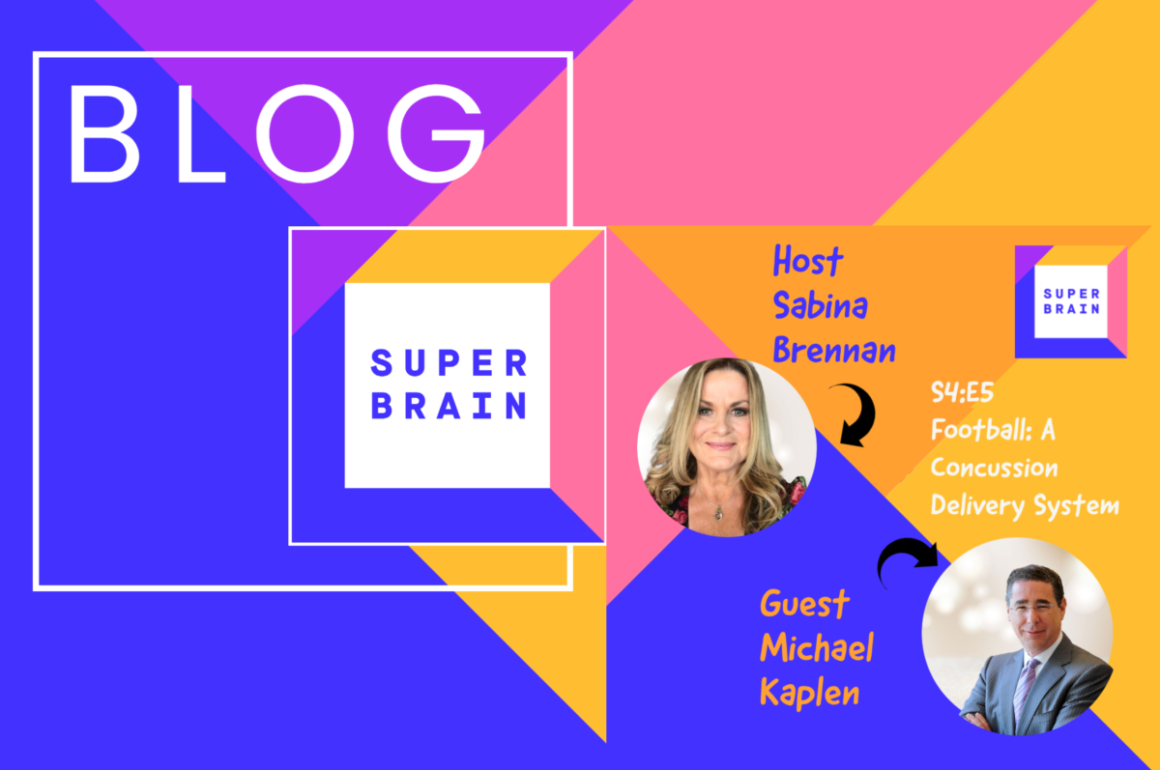
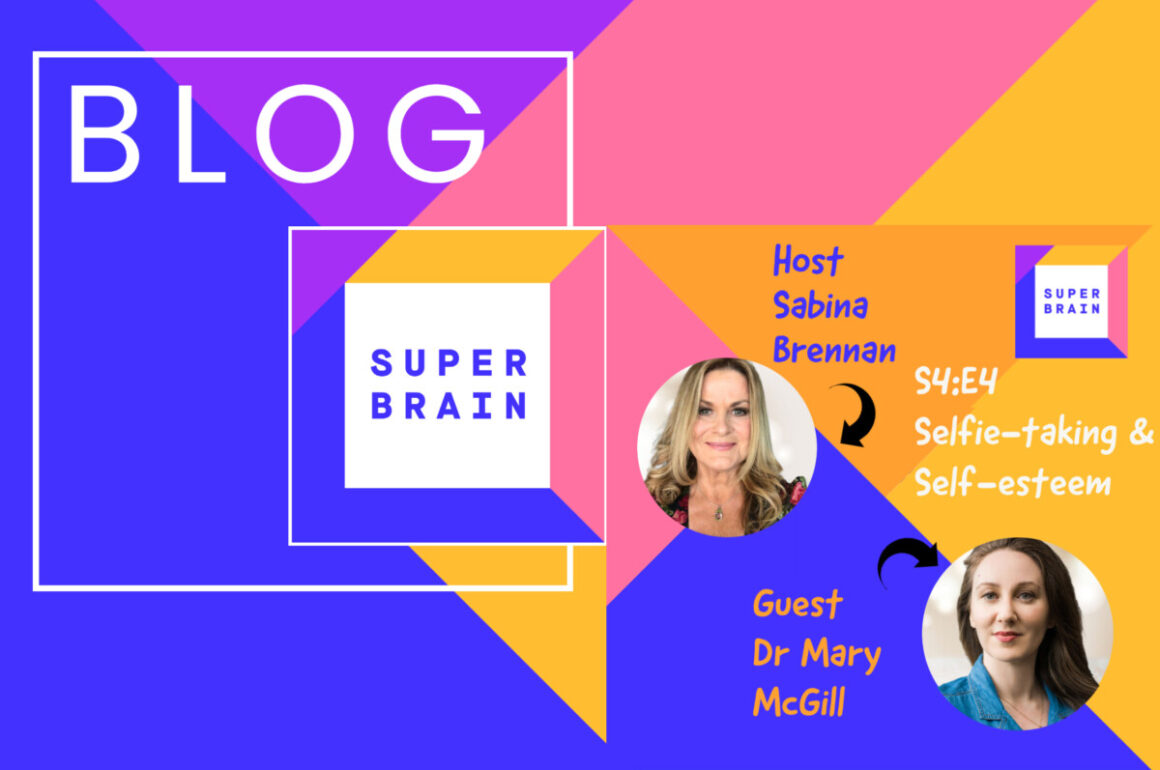
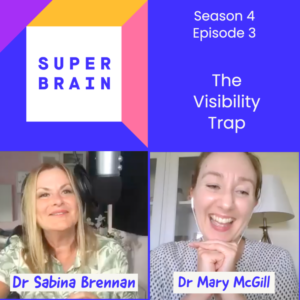
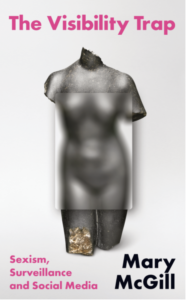
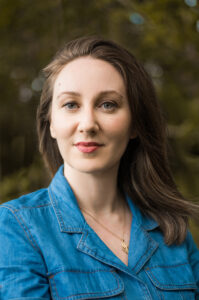
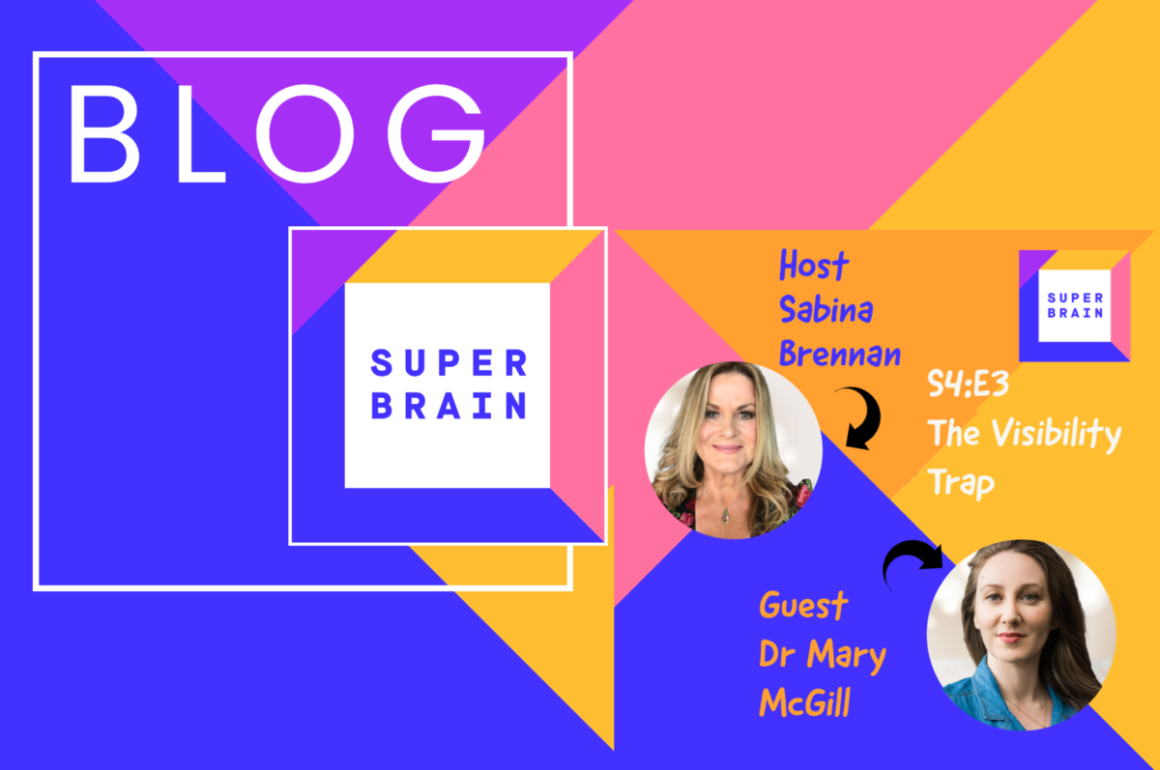
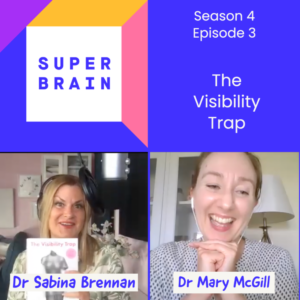
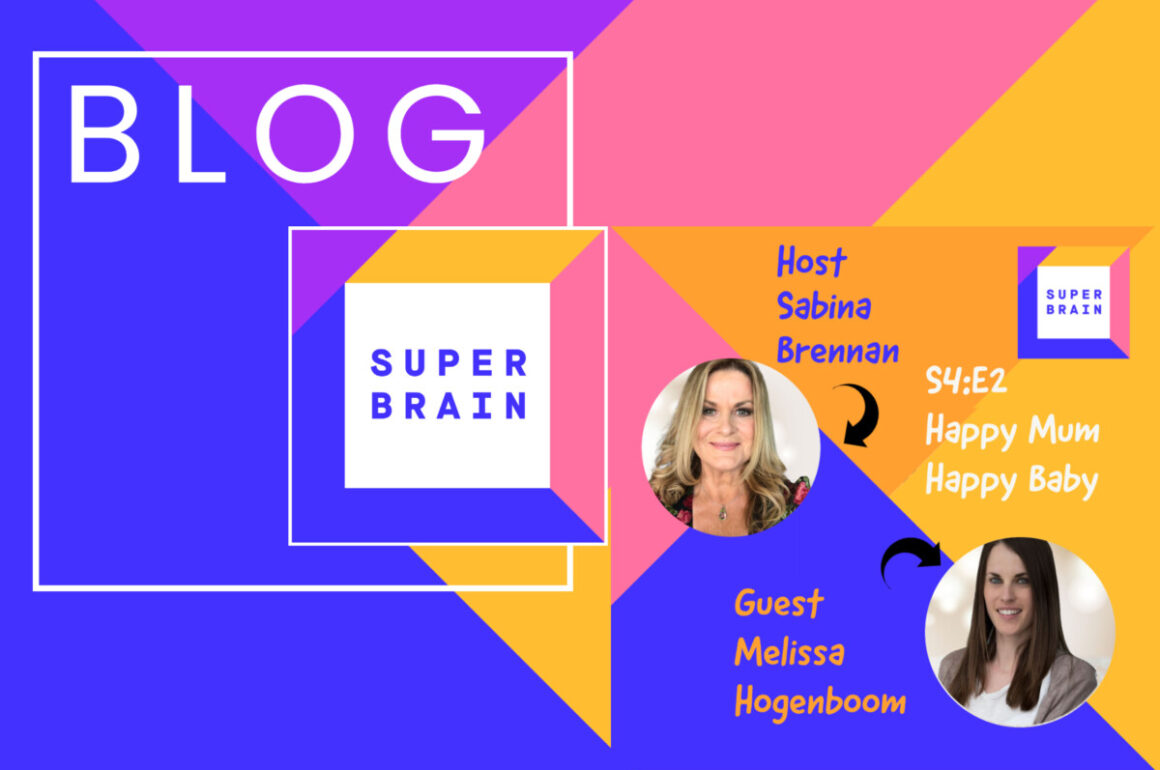
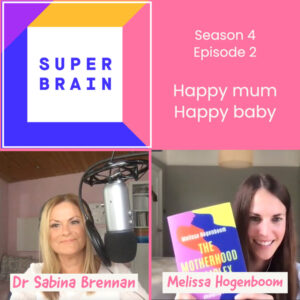 01:14 – Identity
01:14 – Identity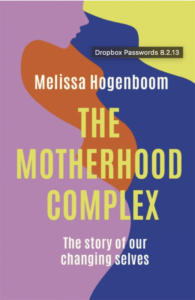

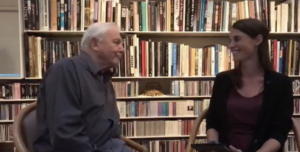
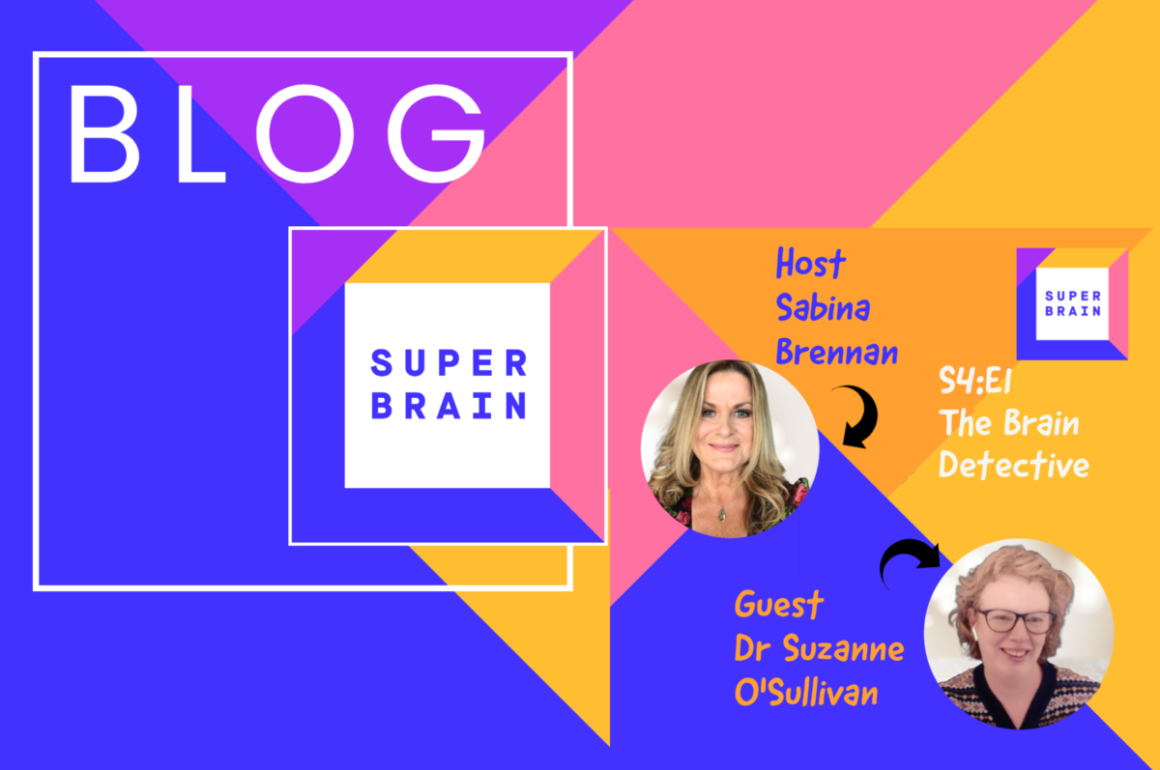
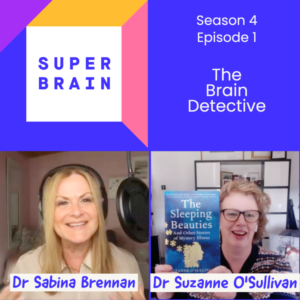 02:23 – How Dr Suzanne O’Sullivan’s recent book came about
02:23 – How Dr Suzanne O’Sullivan’s recent book came about